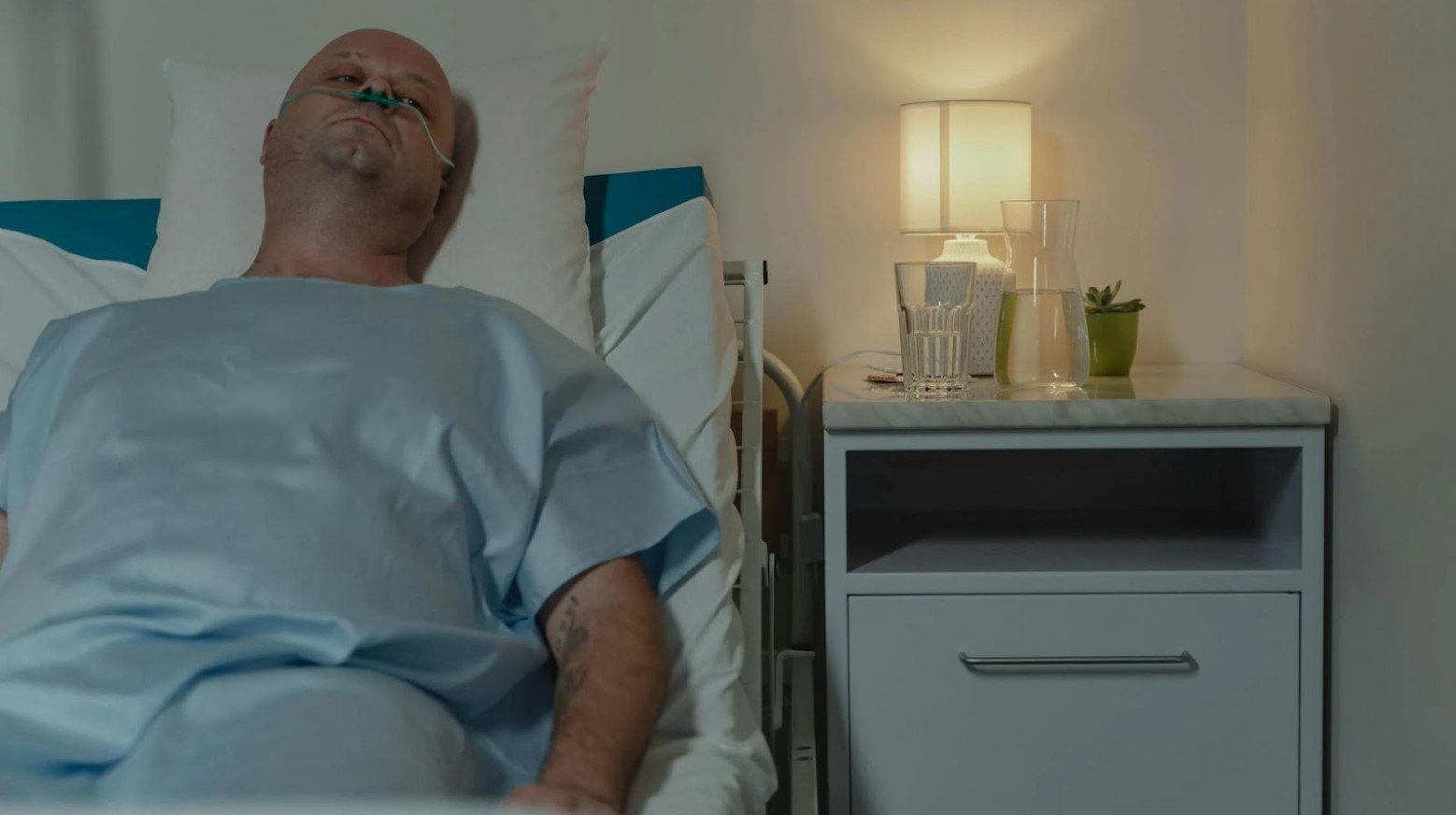One thing that is certain about life is death. However, not many people know what dying feels like. While some people who have reported to have been technically dead for a few moments only to come back to life, these experiences tend to vary from person to person.
Many people will witness someone they love die and what happens in the run-up to it, but it is often too distressing to know what is going on. However, some doctors and scientists have been studying what the dying process feels like.
The U.S. Has the Lowest Life Expectancy

Even though the U.S. spends the most on healthcare compared to other high-income countries, it also has the lowest life expectancy. This is due to the U.S. not having a universal healthcare system.
There are many other reasons why Americans have a low life expectancy, including high healthcare costs and unhealthy lifestyles that lead to chronic illnesses.
Different Levels of Knowledge

One of the complications surrounding death isn’t necessarily for the person who is dying but for their loved ones. People want to know different amounts when learning about the dying process.
Some people want to be fully informed on this process to know exactly what to expect, whether for themselves or their loved ones. On the other hand, others don’t want to know anything, or some people might want to know a little bit but not too much.
Signs Someone Is Dying

There are a few signs that people need to look out for that can indicate someone is coming toward the end of their life. These issues alone might not indicate this, but together, they are a sign that the end is near.
Some of the signs that someone is dying include a loss of appetite, changes to breathing, needing more sleep, restlessness, changes to skin and losing control of their bladder or bowels.
Don’t Force Someone to Eat or Drink

One of the most important things to remember is that you shouldn’t force the person to eat or drink or to do anything else that might not help them feel comfortable in their final moments.
Forcing or pressuring someone to eat or drink when they’re not able to can cause them to have gastrointestinal pain or to start choking. You can try to help them if they want you to by giving them a straw to use or giving them ice chips. If they don’t want this, then don’t do it.
When Hospice Care Is Recommended

In some cases, when a person is dying, it might be recommended by a doctor or their care team for them to spend their final days, weeks or months in hospice.
When recommended, the person likely has six months or less before they die. However, even if hospice care is recommended, the person doesn’t have to go there and can spend whatever time they have left at home or wherever else they will feel most comfortable.
The Last Weeks of Life

The last weeks of someone’s life are filled with physical and emotional changes. A new symptom might arise, or an existing symptom might worsen. The person involved might also be less able to do the things they once could.
This is why a palliative team will be suggested, whether in the person’s home, in the hospital or in a hospice setting so that the person who is dying has the support they need from trained people who know what to expect and how to help.
Hallucinations and Confusion

One of the things a person who is dying will experience is hallucinations and confusion. If confusion is an issue, explain everything with their care to the person and introduce any visitors when they come, as the person may not recognize them.
It is also relatively usual for this person to experience hallucinations and distorted visions, which can be concerning, but don’t put any additional stress on the person. Things that can help include reminding them of the time of day, what is happening and who is there with them. Remaining calm is the most important thing you can do in these moments.
The Actively Dying Phase

When someone is in the last few days or hours of life, they are terminal, which is also known as the actively dying phase. There are a few signs that someone is in this phase.
This includes if they are getting worse day by day or hour by hour, becoming bed-bound, feeling extremely tired and weak, having difficulty swallowing medication, experiencing delirium, having changes to their regular breathing pattern, and telling you they feel like they’re dying.
Reversible Causes of Decline

Even though some symptoms might seem final, others can be reversed. If unsure, talk to the person’s doctor and care team to see what can be done.
Some of the reversible symptoms are a high level of calcium in the blood, kidney failure, infection and side effects from medication, such as if they are on strong painkillers.
Hearing and Touch Are the Last Senses to Go

When someone is dying, the last two senses to go are hearing and touch. In these moments, you should hold the person’s hand, comfort them in any way you can and let them know that you love them/that they are loved.
This can comfort the person in the last few moments of life before they go. It’s okay if you don’t know what to say or do because death and the moments beforehand can be quite stressful and upsetting for someone’s loved ones, so just do what you feel able to do.
Making the Person Comfortable

One of the most important things you can do for someone dying is make sure they feel comfortable. Even though its tough, anything you can do that is of comfort to that person is most important to help them feel safe and at peace with what is happening.
You can do this by ensuring they are propped up comfortably in bed, helping them drink and eat, cleaning them, and generally just holding their hand, talking to them, and letting them know you’re there.
